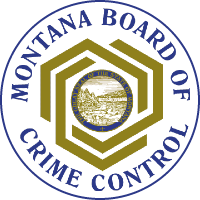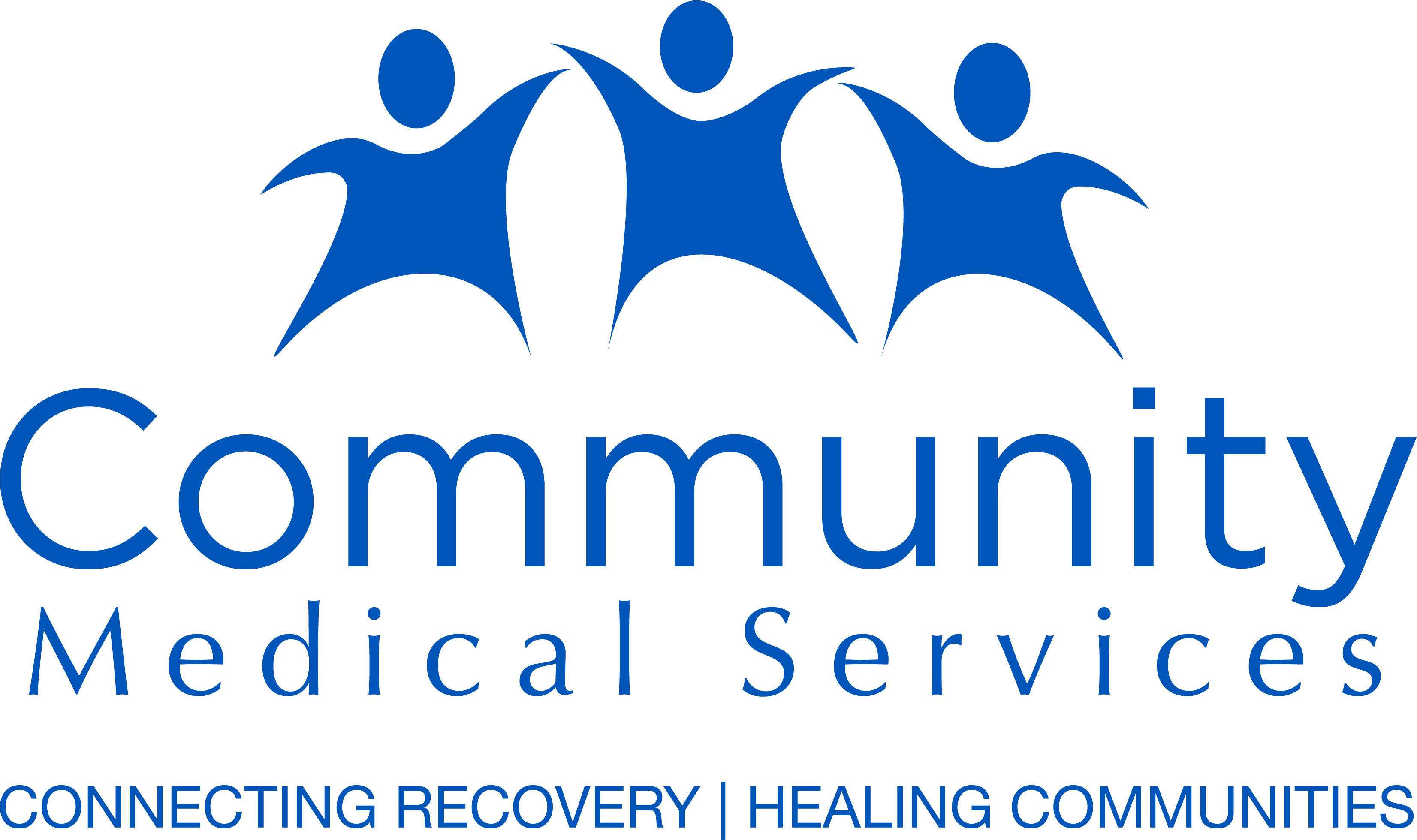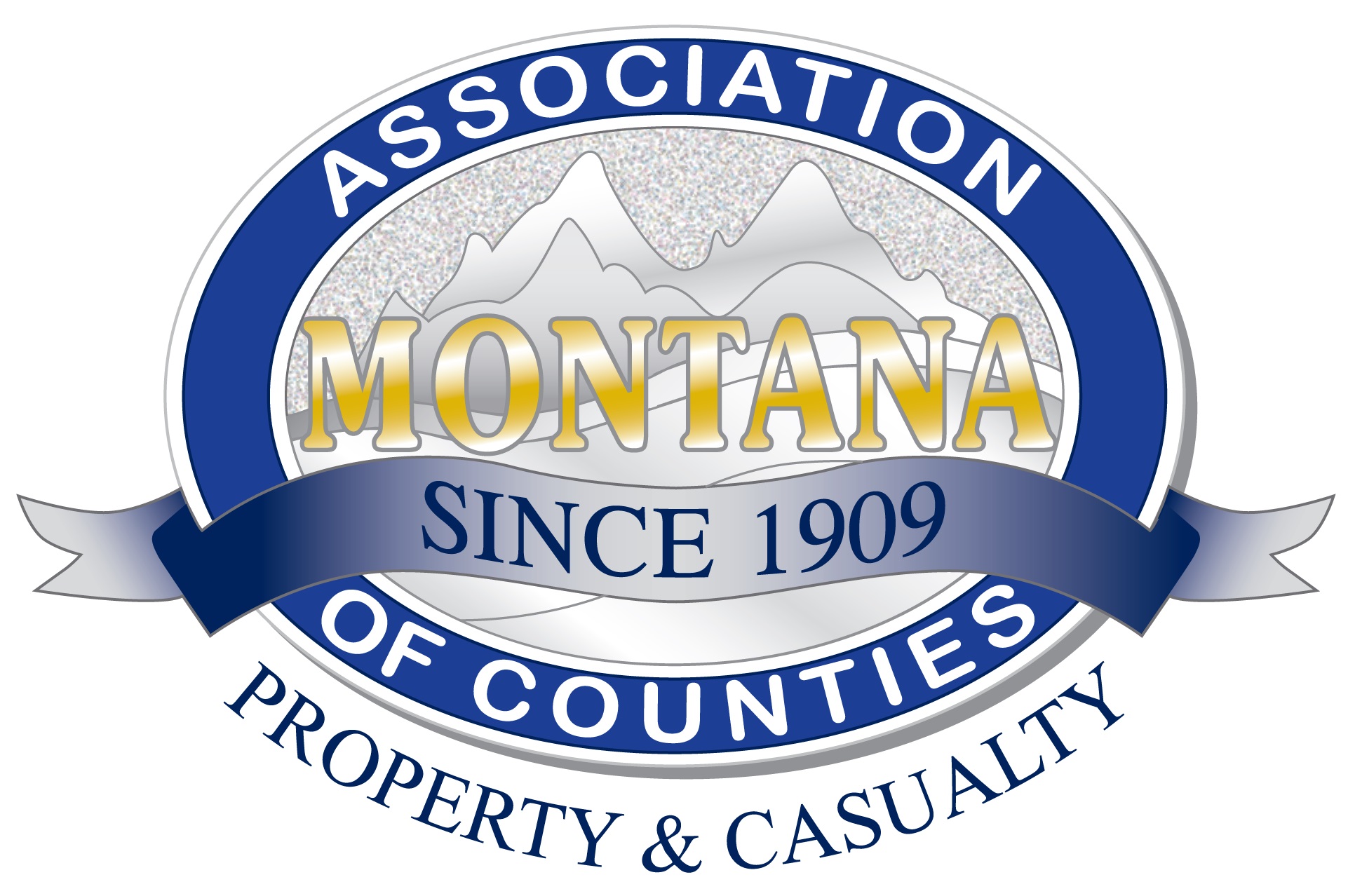
2022 Montana Crime Prevention Conference
The 2022 Montana Crime Prevention Conference took place on October 4 and 5, 2022 at Fairmont Hot Springs Resort. Post-conference training took place on October 6 and October 7, 2022.
Training Credits
All 2-hour sessions are eligible for POST, CPE, OPI, and CLE credits.
2022 Recognition Awards
MBCC is pleased to announce the 2022 Recognition Award Recipients:
- 2022 Lifetime Achievement Award (LAA) - Tammy K Plubell
- 2022 Innovative Community Improvement Award (ICIA) - Lea Wetzel
Articles with more information about each recipient can be found on the Recognition Awards page.
MBCC held an Awards Ceremony in honor of Tammy K Plubell and Lea Wetzel at the Conference on Tuesday, October 4, 2022.
Thank You to Our Sponsors!
Gold Level Sponsors
Bronze Level Sponsors
Crime Prevention Conference, Day 1
Opening Ceremony
Tuesday, 8:00 a.m. - 8:15 a.m.
Opening Remarks
- Sheriff Leo Dutton
- Chair, Montana Board of Crime Control
Presentation of Colors
Montana Sheriffs and Peace Offiers Association (MSPOA) Honor Guard
National Anthem
Anaconda Schools Choir
Blessings
- Sheriff Leo Dutton
- Chair, Montana Board of Crime Control
Welcome
- Sheriff Leo Dutton
- Chair, Montana Board of Crime Control
Re-Defining Resilience
Tuesday, 8:15 a.m. - 9:15 a.m.
Buried under nine and half feet of snow after two consecutive avalanches; Ken Scott knew the statistics. Trapped alone in the dark under intense pressure. He knew he was dead. And yet, he joins us after surviving against the odds to share why we need to redefine resiliency and hold ourselves and others to a different standard.
Fireside Chat with Governor Greg Gianforte
Tuesday, 9:15 a.m. - 9:30 a.m.
Montana Governor Greg Gianforte and Lewis & Clark County Sheriff/Coroner Leo Dutton will sit down for a discussion on the importance of law enforcement and efforts to improve public safety in Montana. Join us for this opportunity to hear from our chief executive on how to collaborate across disciplines to create meaningful solutions and impactful change.
Breakout Session 1
Tuesday, 9:45 a.m. - 11:45 a.m.
Victims Track
Reading the Label from Inside the Jar: Preventing Violence While Living in a Culture of Abuse
- Eric Parsons
- Outreach and Education Coordinator, the Friendship Center
This engaging and interactive workshop will explore root causes of violence and encourage participants to think deeper about how to prevent all interpersonal violence, including bullying, cyber bullying, dating/domestic violence, sexual assault, and stalking. Through active discussion and exercises requiring audience participation, Eric will use the “problem-posing” method of education to inspire critical thinking. Participants will leave the workshop mentally fatigued, enlightened, frustrated, and hopeful. This mix of emotions is unavoidable when we think deeply about abuse culture and its impact on us all. It is also necessary to make progress in preventing future violence. Participants will: 1. Define abuse culture; explore its effect on community members of all ages; discuss abuse culture’s constant presence; and examine ways in which we perpetuate abuse culture without knowing it. 2. Demystify violence prevention methods. 3. Discuss ways to incorporate prevention strategies into our personal and professional lives.
Law Enforcement Track
Domestic Violence High Risk Teams (DVHRT) Model Overview for Law Enforcement - Part 1
- Heather Davies
- Project Specialist, Geiger Institute
- Sarah Galgano
- Project Specialist, Geiger Institute
Intiate partner homicides have a profound impact on communities. Research has shown that many intimate partner homicides are predictable; and the Geiger Institute believes that if they are predictable, they are preventable. The Domestic Violence High Risk Team (DVHRT) Model leverages that predictability by incorporating research-based risk assessment into a community’s domestic violence response system to identify the most dangerous cases. These cases are monitored by a multi-disciplinary team that shares case information and implements coordinated intervention plans to mitigate the danger. The Geiger Institute’s nationally recognized model focuses on increasing both victim safety and offender accountability while closing systemic gaps. Heather Davies and Sarah Galango will provide a comprehensive understanding of the DVHRT Model with an overview of the research at its foundation. The roles and responsibilities of key partners in this multidisciplinary approach, particularly law enforcement agencies, will be discussed. Attendees will learn how team members work together to identify high-risk cases and mobilize risk management strategies to mitigate risk.
General Track
Treatment Courts in the Big Sky - Halting Recidivism, Restoring Lives
- Mary Jane Knisely
- District Court Judge, 13th District Court
- Heidi Ulbricht
- District Court Judge, Flathead District Court
Judge Mary Jane Knisely and Judge Heidi Ulbricht will speak about their experiences running criminal treatment courts, felony DUI courts, felony veterans courts, drug courts, and family recovery courts. They will detail the importance of treatment courts and how they are formed.
Awards Luncheon
Tuesday, 12:00 p.m. - 1:30 p.m.
Join us in honoring and congratulating our 2022 Lifetime Achievement Award recipient, Tammy K Plubell, and the 2022 Innovative Community Improvement Award recipient, Lea Ponokaakii Wetzel.
Find out more about this years winners on the MBCC Recognition Awards page.
The Lifetime Achievement Award is presented to a deserving individual (or group of individuals) who has achieved professional excellence and made lasting contributions to improve Montana’s justice system throughout their career. The award honors an individual’s proven leadership, vision, and innovation in their field.
The Innovative Community Improvement Award is presented to a deserving individual (or group of individuals) who has, through a specific campaign or program, made lasting contributions to promote public safety and crime prevention within their community. The award honors an individual’s proven leadership, vision, and innovation resulting in lasting contributions and significant improvements to their community.
Breakout Session 2
Tuesday, 2:00 p.m. - 5:00 p.m.
Victims Track
A Day in the Life
- Jamie Rogers
- Bureau Chief, Montana Department of Corrections Victim Services
- Monica Huffman
- Victim Liaison, Montana Department of Corrections Victim Services
- Allison Smaaladen
- Victim Liaison, Montana Department of Corrections Victim Services
- Kim Doherty
- Victim Liaison, Montana Department of Corrections Victim Services
- Maria Dinkel
- Victim Liaison, Montana Department of Corrections Victim Services
- Sheree TalksAbout
- Victim Liaison, Montana Department of Corrections Victim Services
Part 1: In a Victim’s Footsteps
Participants will take part in scenario-based training as victims of crime. Each attendee will be provided an actual victim scenario and will move through that victim’s journey as they travel through the criminal justice system. The room will be set up with 18 tables, each containing representatives from two agencies that are part of the criminal justice system (county attorney, district court, community victim advocate, mental health services, etc.). The process is designed to assist participants in identifying those areas within the system that work effectively for victims and those areas where gaps and barriers are identified. Random attendees will have various components of an actual victim of crime’s process through the criminal justice system as a result of their offender. Attendees will work in small groups to identify barriers to services. At the end of part 1, attendees will be able to identify with victims of crime, particularly with the victims whose stories are included in Part 2.
Part 2: Let’s Hear from Those Whose Stories We Just Experienced
It is rare we have the honor of hearing “the rest of the story” from the survivors who experienced the trauma. Participants will have the opportunity to hear additional information regarding the scenarios they followed during Part I and to ask questions of the individuals who were victimized to better understand the impact of crime, the criminal justice system, and local services have on survivors. Participants will hear about what worked for them and barriers encountered, as well as solutions from a victim’s point of view. This section of the training will highlight the importance of a cohesive, victim responsive system from a powerful panel and receive direct input from those whose experiences can assist us in attaining the goal of serving victims and promoting community safety.
Law Enforcement Track
School Resource Officers & Principals: Working Together to Prevent Delinquency in Schools
- Moisés Próspero, PhD
- iCHAMPS Executive Director
- Steve Anjewierden
- Chief of Police (Retired, iCHAMPS Training Director, OJJDP Techincal Assistance Center
The session will first describe problematic issues that were occurring in a school district. A partnership between education, law enforcement, juvenile probation, and nonprofit agencies came together to implement a multi-pronged intervention. Strategies included training for school resource officers and school administrators, evidence-based programming for youth, developing a memorandum of understanding, and policymaking at the organizational and state levels. An interactive approach will be used by including training scenarios of student misconduct for active learning by participants, as well as specific examples of implemented strategies.
General Track
Leadership & Liability / Influence & Intervention in Public Policy
- Bryan Lockerby
- Administrator, Division of Criminal Investigation
Leadership & Liablity - 2:00 - 3:30 PM
The balance between management and leadership involves the ability to mitigate risk to your team and the organization. Often, little problems are ignored until they become bigger problems. Onboarding, training, policy development, and accountability are all significant categories for supervisors to monitor and regulate. This entertaining course identifies the causes of performance failure, methods to identify areas of risk, and future rules of success for teams to operate safely.
Influence & Intervention in Public Policy - 3:45 - 5:00 PM
Public sector leadership can be frustrating and vexing because of a variety of factors. Government budgets, policy maker decisions, shifting priorities, public pressure, private sector competition, and government bureaucracy, all play significant roles in our world. From the public sector to non-profits and volunteer groups, there’s a sentiment of continued frustration in trying to get good work done with few means, but high expectations. This course focuses on the differences between power and influence, provides techniques to leverage your position favorably, and enhances your critical thinking skills for successful negotiation.
Networking Event
Tuesday, 6:00 p.m. - 7:30 p.m.
Join MBCC Board members and staff for hours d’oeuvres outside at the Pavilion. Light appetizers will be provided.
Crime Prevention Conference, Day 2
Breakout Session 3
Wednesday, 9:30 a.m. - 11:30 a.m.
Victims Track
Protecting Victims – The Law of Protective Orders and Understanding State and Federal Gun Restrictions
- David Ortley
- Deputy Attorney General, Montana Department of Justice
David Ortley will discuss no contact orders, orders of protection, victims’ rights, crimes of domestic violence, and firearms in Montana.
Law Enforcement Track
Collaboration Between Law Enforcement and Tribal Communities
- Jess Edwards
- Chief of Police, Blackfeet Reservation
- Jason Frederick
- Sheriff, Roosevelt County
Sheriff Leo Dutton will moderate a panel discussion with Chief Jess Edwards, Sheriff Jason Frederick, and other subject matter experts about how to work with tribal law enforcement on public safety issues through increased collaboration. Discussion will include how we can partner with tribal law enforcement and increase communication and cooperation for effective law enforcement response and support.
General Track
Wildly Effective Residential Treatment
- Brie Shulman
- Executive Director, Inner Roads
This presentation provides clinicians, probation officers, policy makers, and the general public with easily digestible information on the methodology and reliable impacts of Outdoor Behavioral Therapy, along with barriers to treatment and methods to make it accessible. Audience members will gain a deeper understanding of how experiential treatment in the natural world acts as a neutral catalyst to address teen issues with healthy relationships, emotions, accountability, and self-worth. With a focus on preventing youth incarceration and hospitalizations, we'll explore the evidence-based outcomes on Delinquency, Substance Abuse, Depression, Anxiety, Trauma Disorders, and Family Functioning of this empowering intervention. An experiential demonstration of primitive skills, emotional regulation, accountability, and empowerment is available for interested audience members!
- The need for residential treatment in MT
- Common misperceptions of OBH (outdoor behavioral healthcare)
- How OBH works
- Comparing OBH to Treatment As Usual in both costs and treatment outcomes
- Opportunities and obstacles for OBH in MT
- Q&A
Lunch Session
Wednesday, 12:00 p.m. - 2:30 p.m.
Who Can Help Me?
- Joan Eliel
- Director, MT DOJ Office of Victim Services
- Elise Landles-Batey
- Restitution Officer, MT DOJ Office of Victim Services
- Holley Johnson
- Program Specialist, MT DOJ Office of Victim Services
The Montana Department of Justice Office of Victim Services will acquaint local providers (law enforcement, probation, victim advocates, domestic violence shelter staff, MT Legal Services staff, courts, county attorney offices, medical providers) and victim/survivors with four of the agency programs that are available through the Office of Victim Services. These include: 1.) Forensic Rape Exam Payment Program (FREPP), 2.) Crime Victim Compensation, 3.) Hope Card, and 4.) Address Confidentiality Program (ACP).
Breakout Session 4
Wednesday, 2:00 p.m. - 4:00 p.m.
Victims Track
Domestic Violence High Risk Team (DVHRT) Model Overview for Advocates - Part 2
- Heather Davies
- Project Specialist, Geiger Institute
- Sarah Galgano
- Project Specialist, Geiger Institute
Heather Davies and Sarah Galgano will provide a comprehensive understanding of the Domestic Violence High Risk Team (DVHRT) Model and an overview of the research at its foundation. The roles and responsibilities of key partners in this multidisciplinary approach will be discussed. Attendees will learn how team members work together to identify high-risk cases and mobilize risk management strategies to mitigate risk.
Law Enforcement Track
Criminal Investigations of Abuse or Exploitation of Vulnerable Adults:
How to Use APS Civil Investigations, Understand Guardianships and POAs, and Manage Legal Issues for Successful Prosecutions
- Mike Fanning
- Elder Justice Prosecutor, Attorney General's Office
- Adam Oja
- Investigator, Adult Protective Services
- Bernie Mercado-Morales
- Lead Social Services Worker, Adult Protective Services
Using a typical elder abuse/exploitation fact pattern, this presentation will detail how APS receives and processes complaints and how law enforcement may use APS’ civil investigations to jumpstart a criminal investigation. The session will then review the authority and limitations of guardianships and POAs and how they are misused to commit crimes. Finally, the program will conclude with a review of applicable charges and common legal issues such as victims’ capacity and competency.
General Track
Engaging Stakeholders in Accountability-Based Solutions for Youth: Flathead County School Justice Partnerships
- Cassi Carr
- Deputy Juvenile Probation Officer, 11th Judicial District, Flathead Co. Juvenile Probation
- Cory Clarke
- College Resource Officer, Flathead Valley Community College
- Catherine Gunderson
- Executive Director, Center for Restorative Youth Justice
- Peter Fusaro
- Assistant Superintendent, Kalispell Public Schools
Learn how Flathead County developed the School Justice Partnership between Kalispell Public Schools, Kalispell Police Department, a local nonprofit restorative justice organization and Youth Court Services. This session will explore the important changes to discipline responses that have given students additional opportunities to learn, grow and avoid the Juvenile Justice system and School to Prison Pipeline. Participants will gain an understanding of best practices, pitfalls and “lessons from the field” to take back to their communities.
.
Post-Conference Training - Thursday, October 6 - Friday, October 7
Subgrantee Training
Thursday, 9:00 a.m. - 4:00 p.m.
This training is designed to help subgrantees get acquainted with the staff of MBCC. MBCC staff will guide current subgrantees through the finer points of successfully managing funds from MBCC. Topics will include how to navigate and utilize MBCC’s new application and grant management system, AmpliFund, special conditions, changes to reporting requirements and timelines, risk assessment and monitoring, how to calculate match, projected funding opportunity, board meetings, and funding decision dates, and more. The Statistical Analysis Center will provide a demo of MBCC’s new data dashboard and discuss how subgrantees can cite data to strengthen their funding applications.
This training is strongly recommended for all subgrantees who receive funding through MBCC.
Session Materials
Commercial Cannabis Investigations
Thursday, 8:00 a.m. - 5:00 p.m.
Kevin McInerney
- Detective, California Department of Cannabis Control's Fresno Field Office
- Patrick Moody
- Assistant Attorney General, Montana Department of Justice
- Devin Keller
- Cannabis Control Division
- Courtney Cosgrove
- Cannabis Control Division
The majority of states in the United States have legalized medicinal marijuana use, more have decriminalized possession of marijuana and a steadily increasing number of states have legalized recreational use. The legalization of marijuana has created and will continue to create challenges for law enforcement. This course was developed to assist law enforcement officers who are, or soon will be responsible for enforcing marijuana laws in jurisdictions that have legalized commercial cultivation, distribution, manufacturing and sale. This class will cover investigative methodology, distinguishing between lawful and unlawful commercial cannabis operations, the influence and involvement of organized criminal enterprises, associated violent crime, human trafficking (sex and labor trafficking at cultivation locations), and environmental damage caused by water diversion and the use of dangerous, illegal pesticides at cultivation sites. The course will also address asset forfeiture, tax evasion, public corruption and the difficulties of obtaining prosecution in cannabis related cases.
Restorative Practices Training
Day 1 - Thursday, 8:00 a.m. - 4:30 p.m.
The two-day training will teach attendees how to foster a sense of community, increase staff consistency around behavior expectations, act as a facilitator between youth and staff, practice social-emotional learning, and minimize the need for disciplinary action, including suspensions and expulsions.
Day 2 - Friday, 8:00 a.m. - 4:30 p.m.
The two-day training will teach attendees how to foster a sense of community, increase staff consistency around behavior expectations, act as a facilitator between youth and staff, practice social-emotional learning, and minimize the need for disciplinary action, including suspensions and expulsions.




